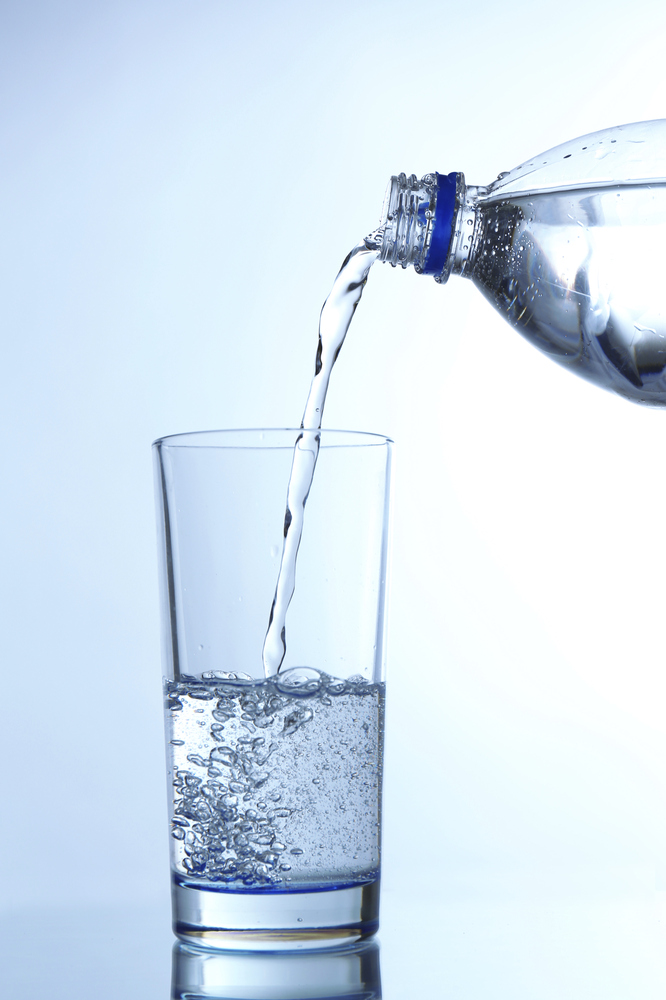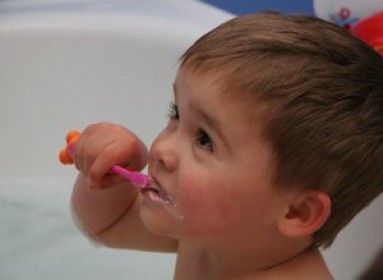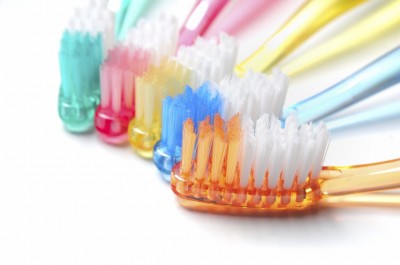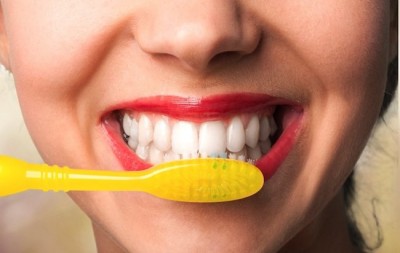Want a healthy smile for life? Cut out or reduce your consumption of the worst foods for your teeth
For some people, part of the fun of a cold, iced beverage is crunching through the cubes once the drink is done. But chewing ice is a big no-no. Many people think ice is good for their teeth. It’s made of water, after all, and doesn’t contain any sugar or other additives. But chewing on hard substances can damage enamel and leave your teeth vulnerable to a dental emergency, like loosened crowns and chipped teeth.
Dried fruits
Despite its health-food status, dried fruit—including raisins, dried apricots, prunes and the like—is tough on teeth, sticking in crevices and depositing a lot of natural sugars in the process. All fruit contains natural sugars, and once the water has been expunged, what’s left is highly concentrated with sugar, which is sticky and clings to teeth, trapping acid-producing bacteria.

Bread
No one would ever confuse white bread for candy, but the two foods have more in common than meets the eye. Once you start chewing on [bread], the enzymes in your saliva break down the starches, which convert to sugar almost immediately. As you continue chewing, white bread and other starches like pasta transform into sweet, soft paste that easily sticks in crevices between teeth, providing a feast for cavity-causing bacteria. Crunchy snacks like potato chips and pretzels also tend to lodge in tooth grooves, creating a similar problem.

Alcohol
Add cavities to the long list of ills caused by drinking too much alcohol. In this case, it’s not sugar or pigment that’s to blame, but dry mouth. People who drink excessively may find their saliva flow is reduced over time, which can lead to tooth decay and other oral infections such as gum disease. Proper saliva flow in the mouth starts the digestion process, washes away food particles and bacteria, and protects soft tissue from irritation and infection.
Caffeinated beverages, including coffee, tea, and energy drinks, can also dry out your mouth, contributing to cavities.

Sour Candy
Candy and cavities go together like the beach and sunburns, but it turns out, some types of candy are even harder on your teeth than others. Any type of sour candy has an extremely high acidic content, which can break down tooth enamel. And if you think a good brushing afterwards will erase the damage, you may be making it worse. Brushing too soon or too hard after eating sour candy with a high acid content can then brush away the enamel that has started to break down on the surface of your teeth. It should go without saying that naturally acidic lemon and lime wedges can do the same damage, if not more, as sour candies.

Soda
Soft drinks cause a triple-whammy of tooth-damaging effects. First, if you’re drinking non-diet soda, you’re effectively bathing your teeth in sugar, giving bacteria a fertile home to thrive. When you sip sugary drinks for long periods of time, plaque bacteria use that sugar to produce acids that attack your enamel. Second, most carbonated drinks—diet and non—are acidic, another enemy of enamel, she adds. And lastly, if you have a preference for cola, grape soda, or other non-clear sodas, say goodbye to a white smile. Aside from the sugar content, dark-colored soft drinks can stain or discolor the teeth.

Beets and berries
Hyper-pigmented foods, from crimson beets and berries to golden curry and mahogany soy sauce, deposit color on your teeth while you’re eating, leading to a less-than-white smile. Any food that would stain a white t-shirt will also stain your teeth. Rinsing your mouth directly after eating beets, berries, and deeply hued greens like kale and Swiss chard will save your smile from permanent stains.
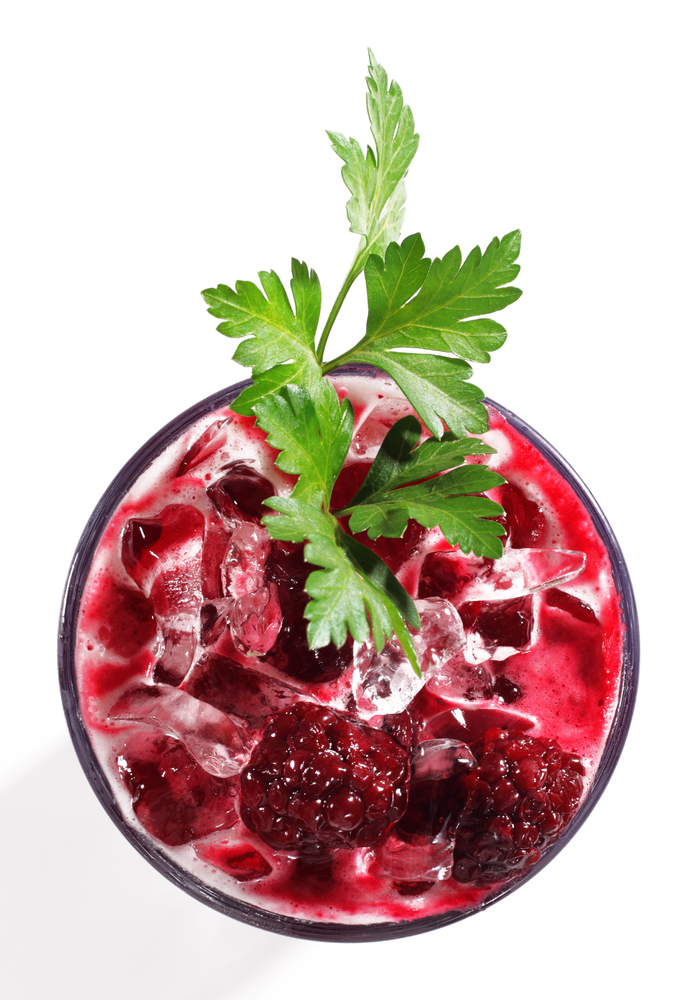
The healthy-mouth prescription
Experts agree: The simplest way to protect your teeth from cavities and stains is to keep a glass of water nearby at all times. A quick sip or swirl can wash away sugars, dislodge food particles, and dilute residue from dark-colored drinks.
